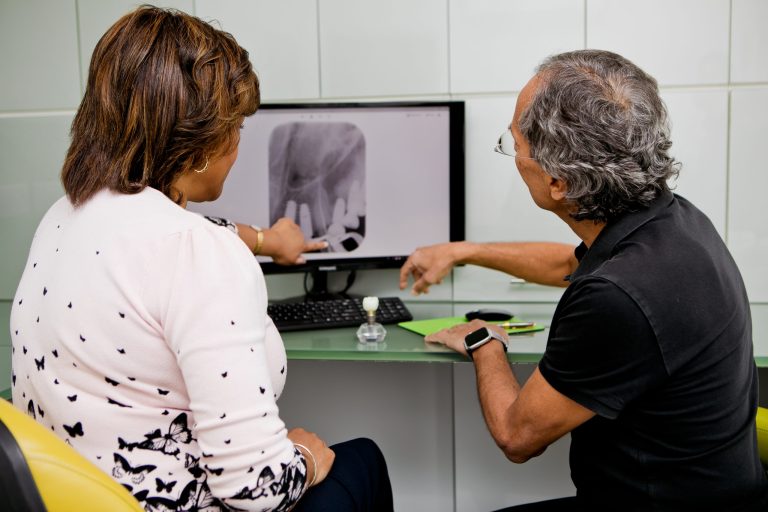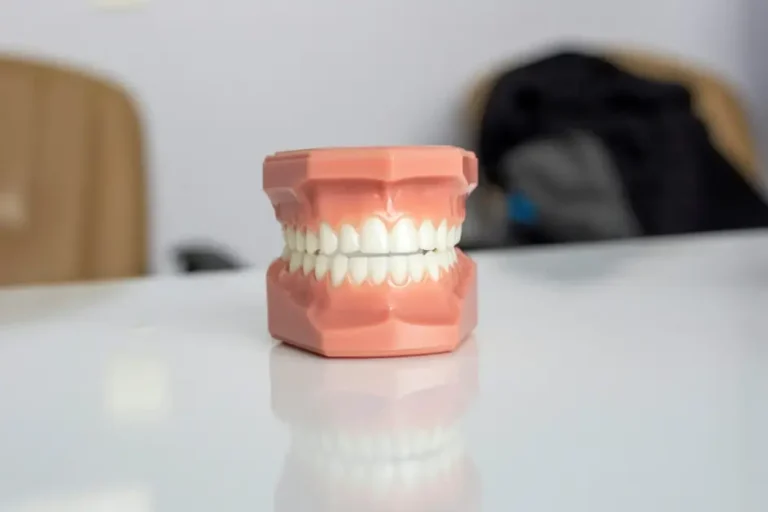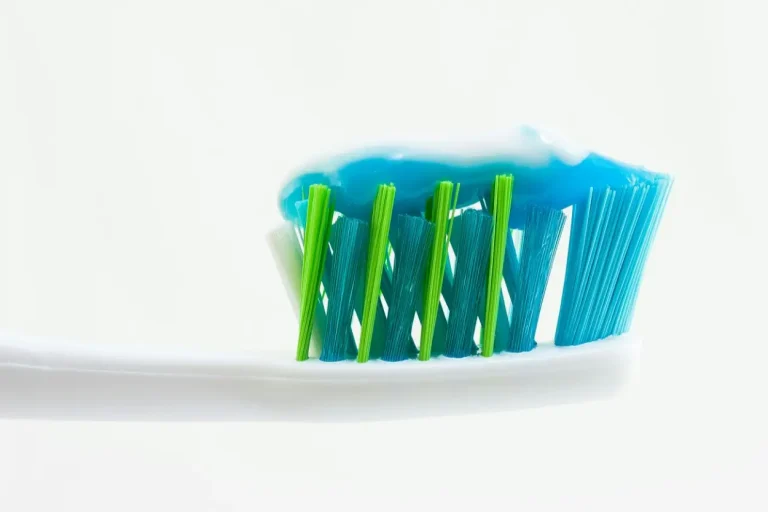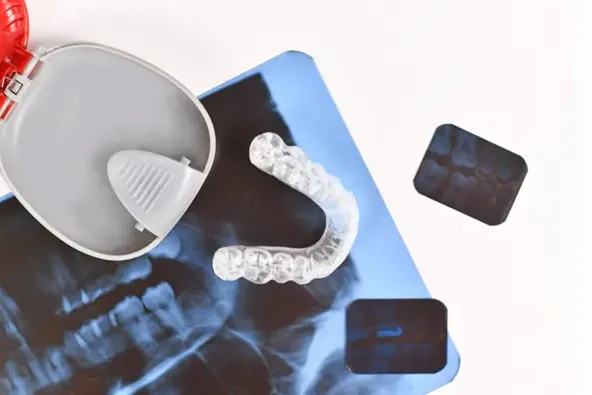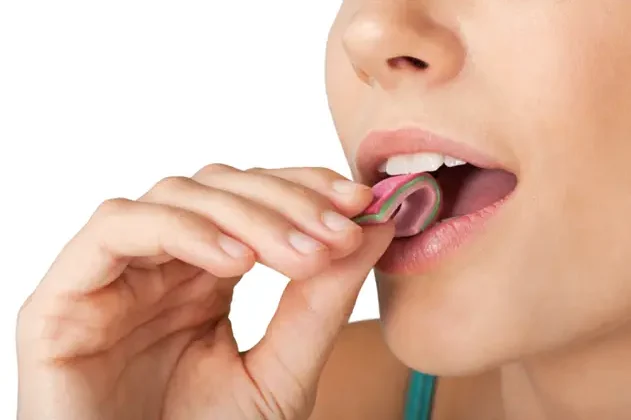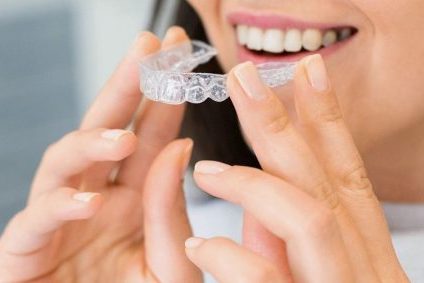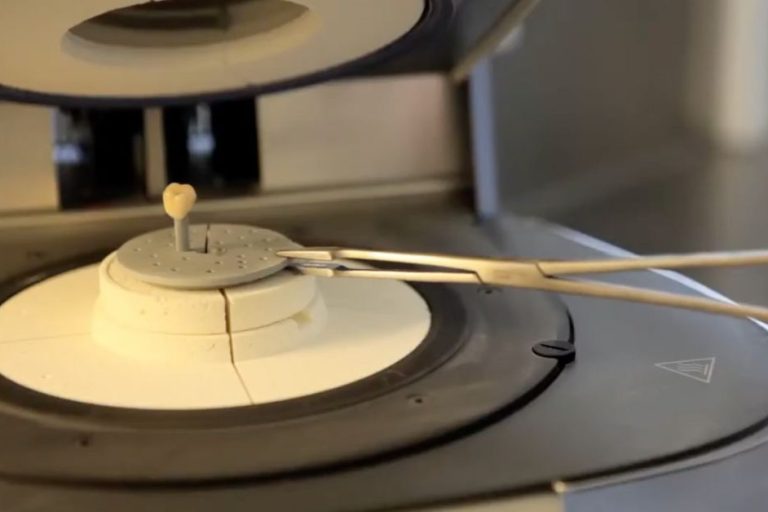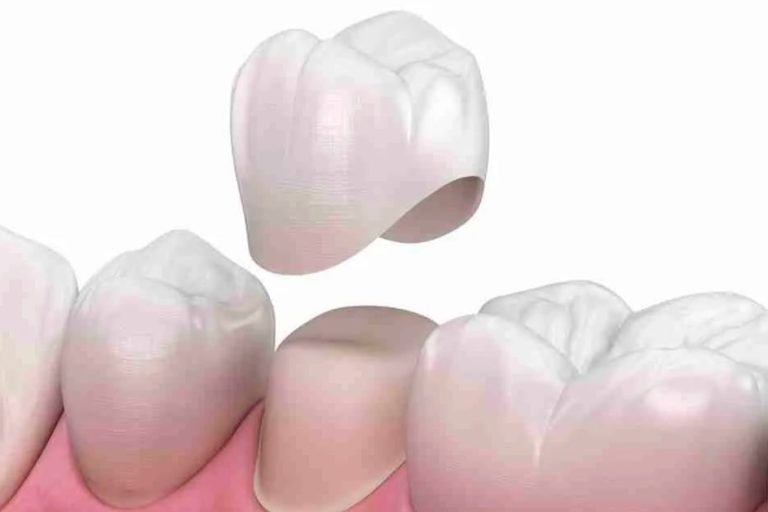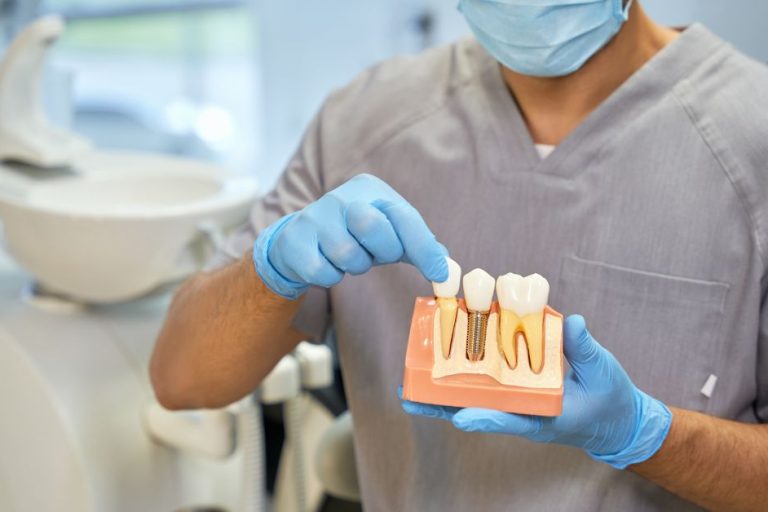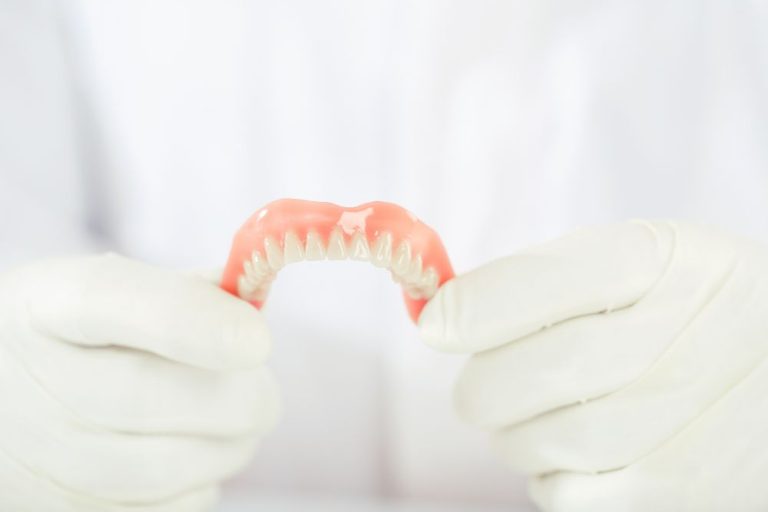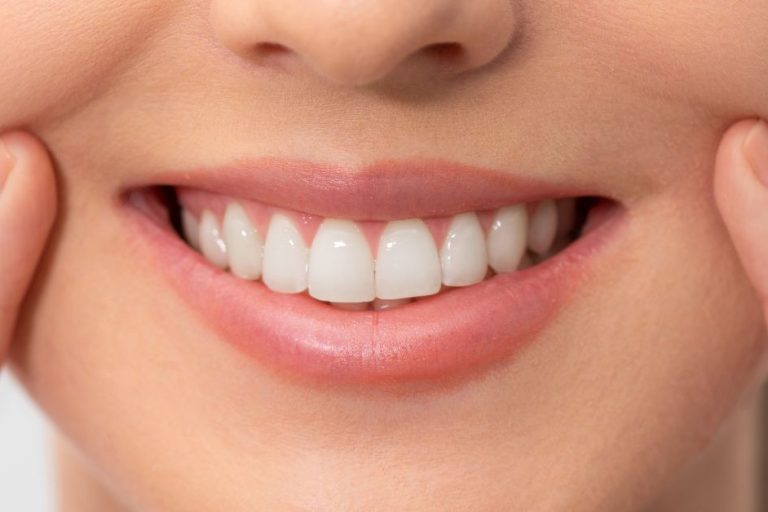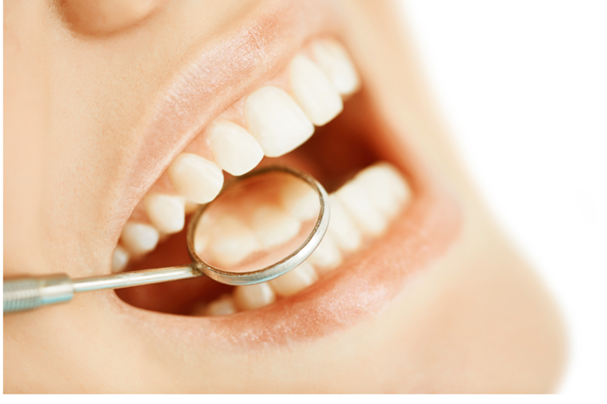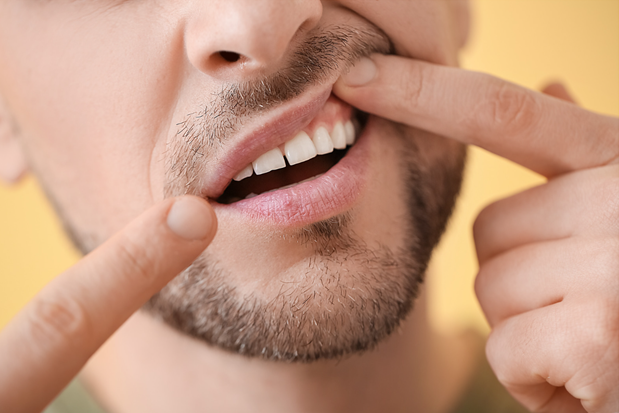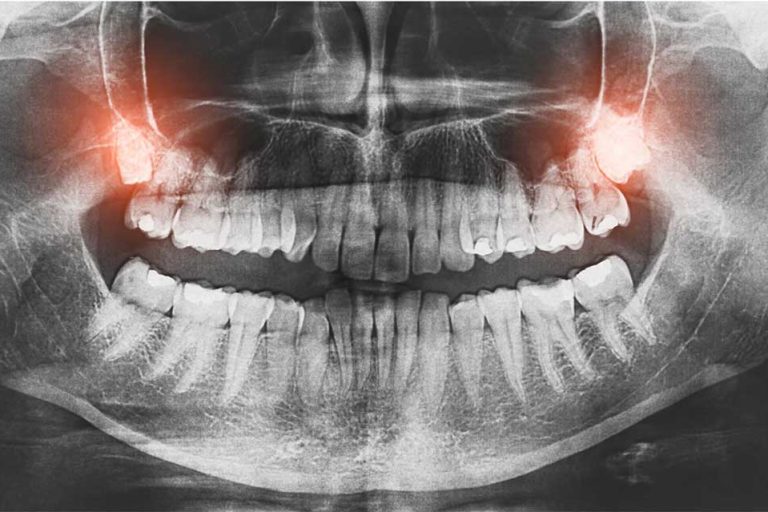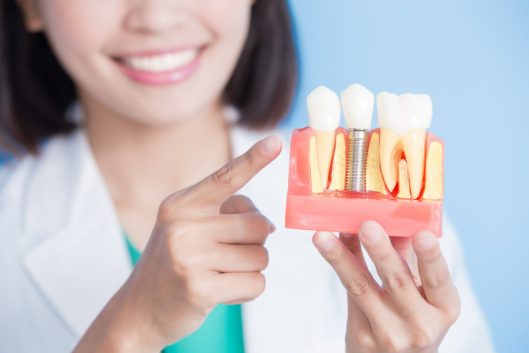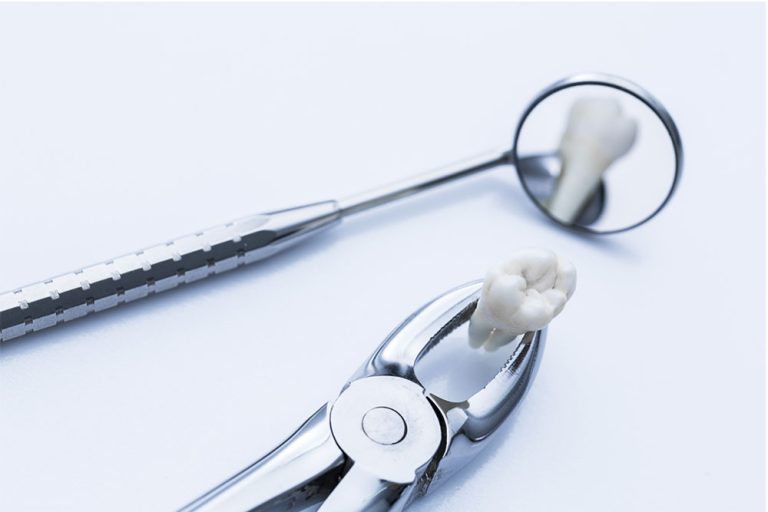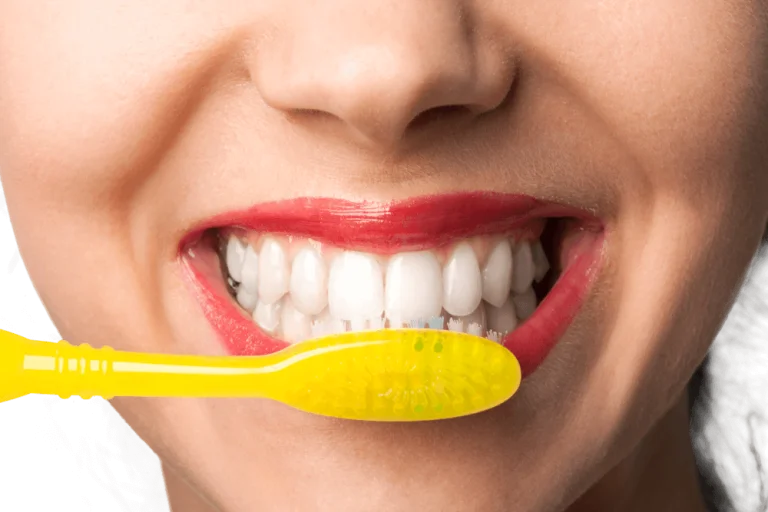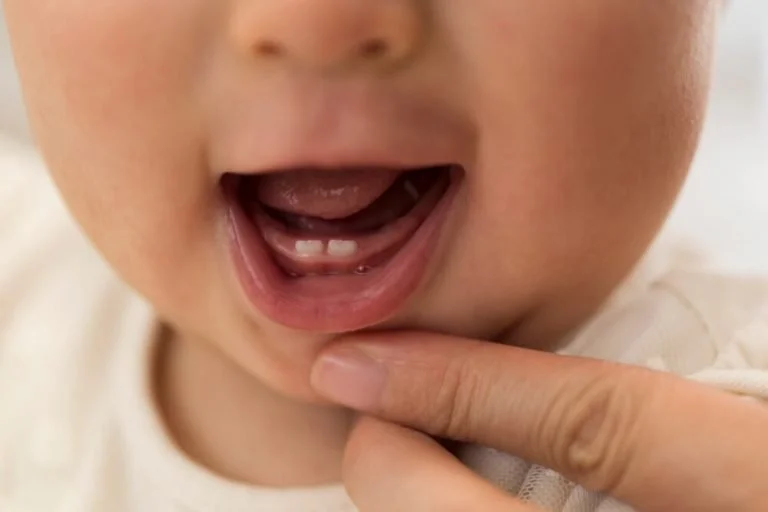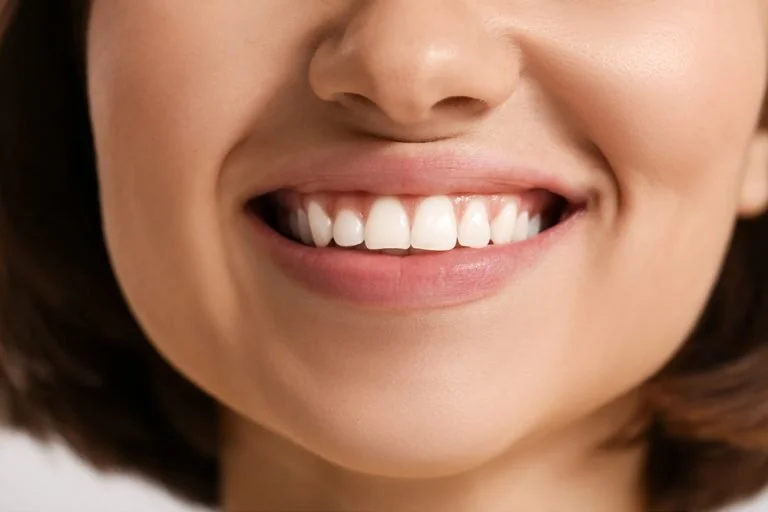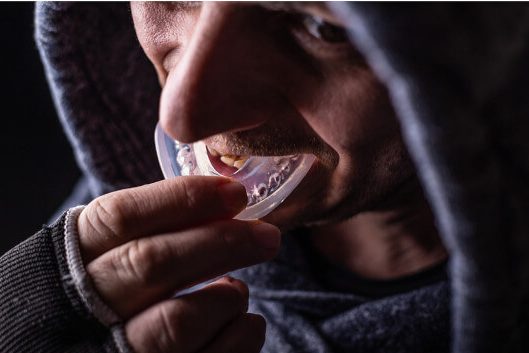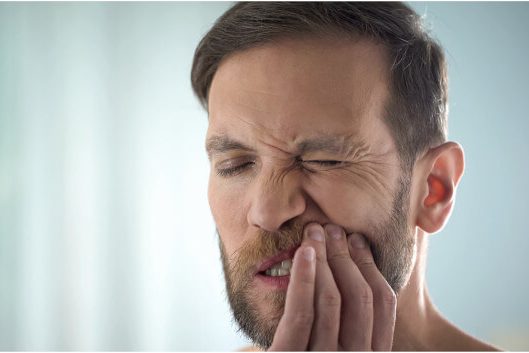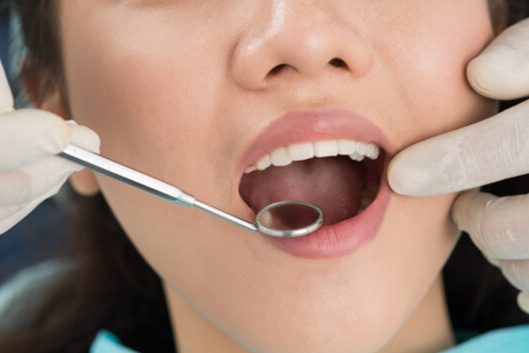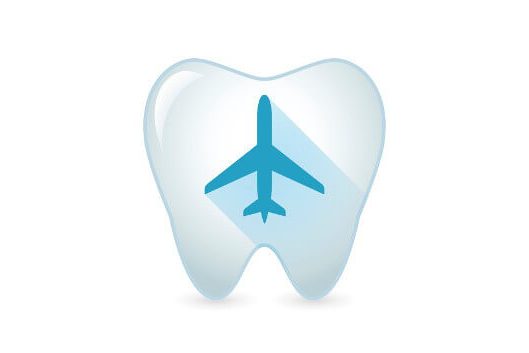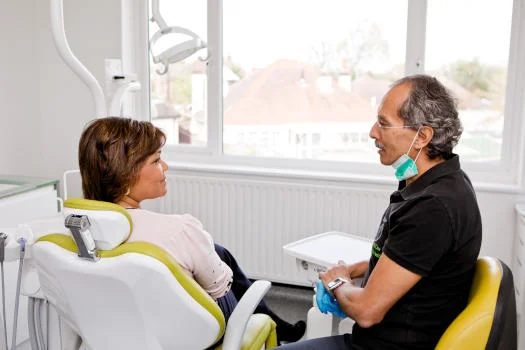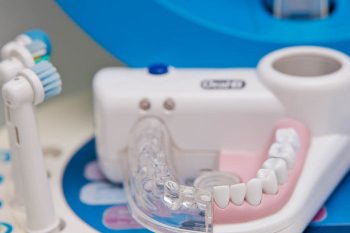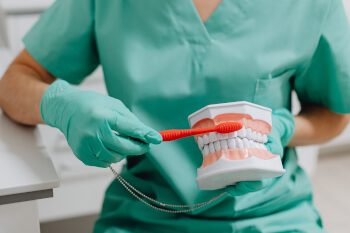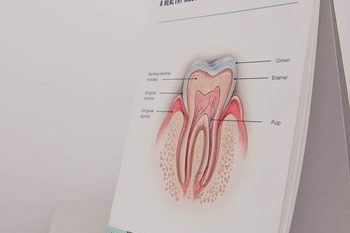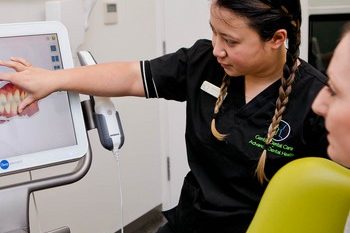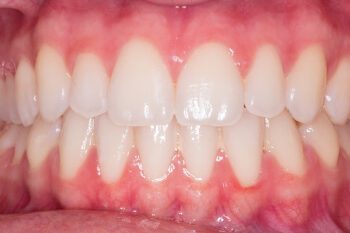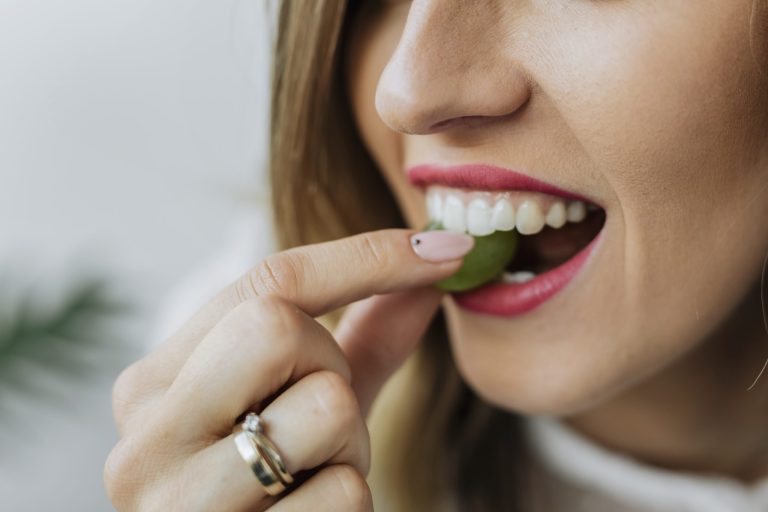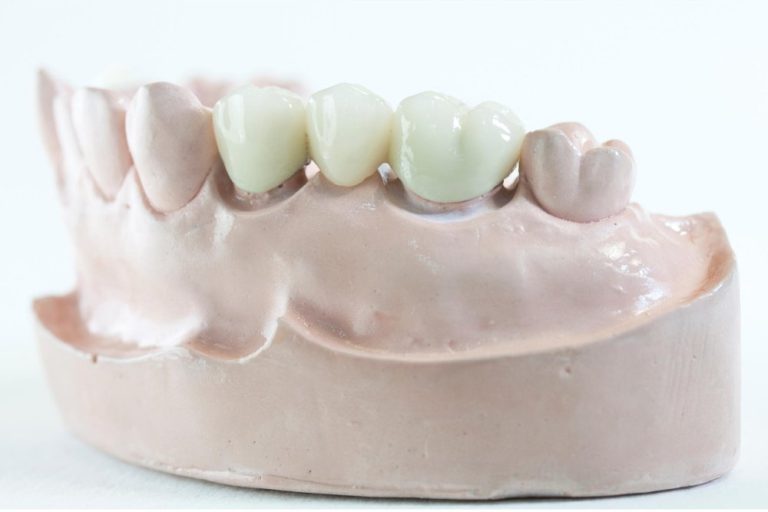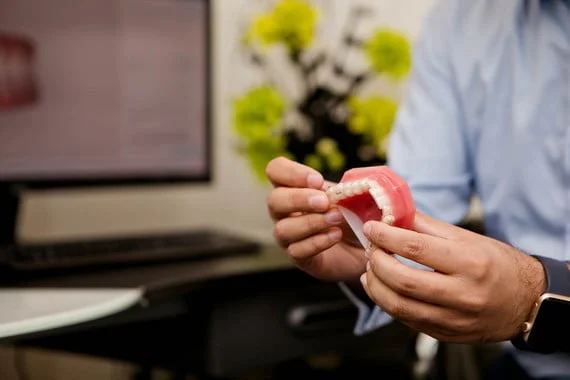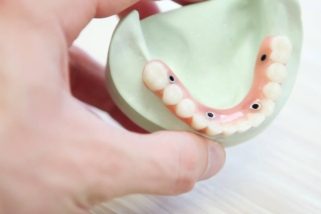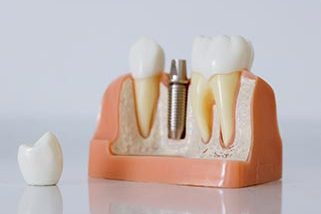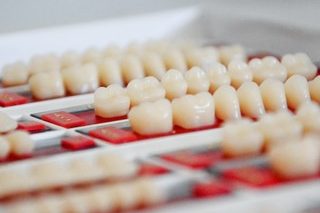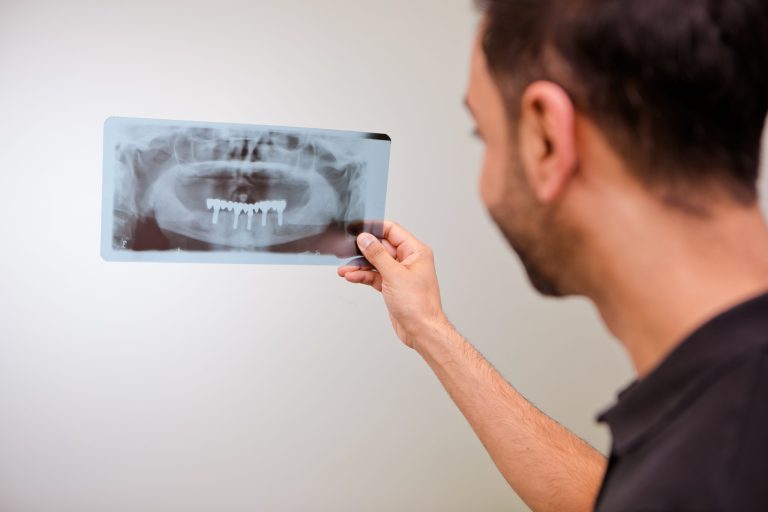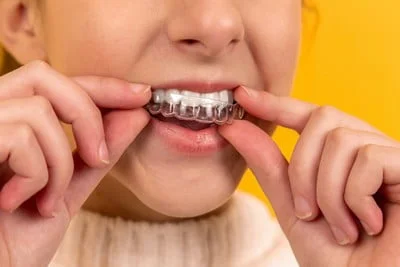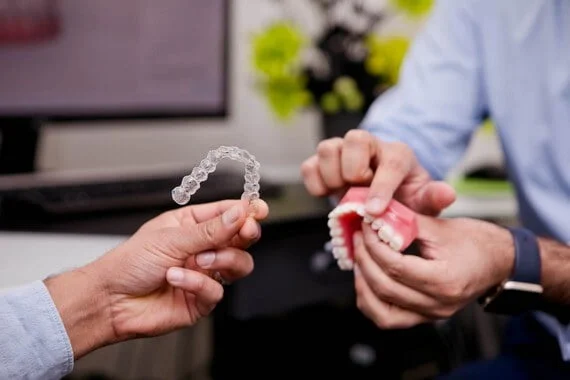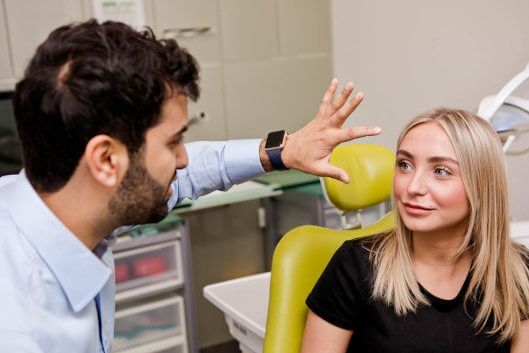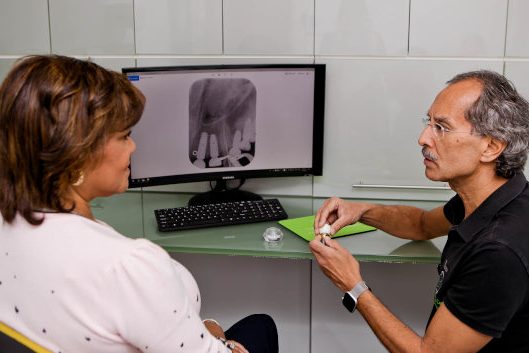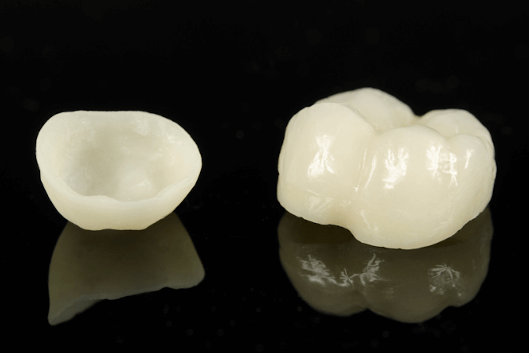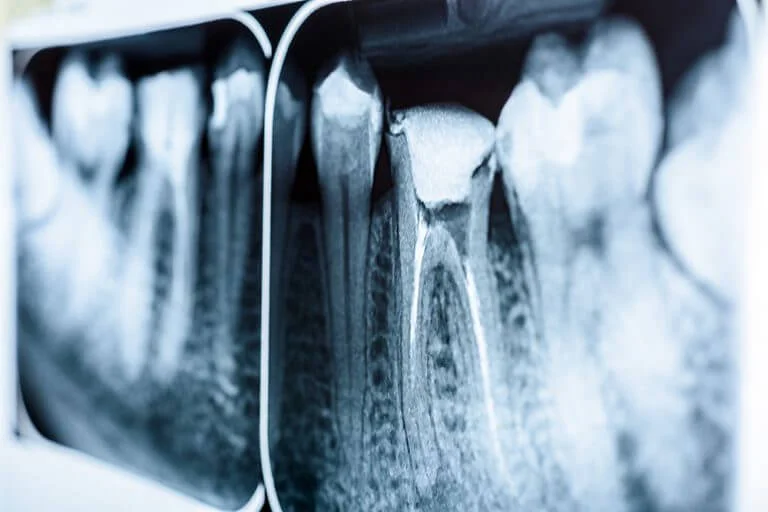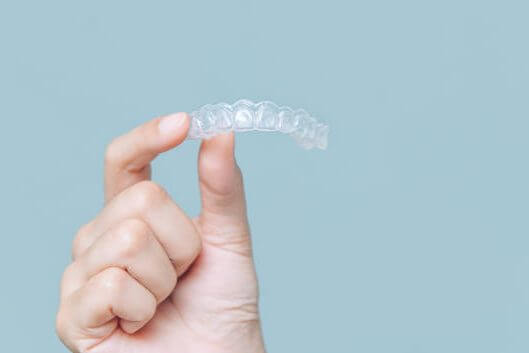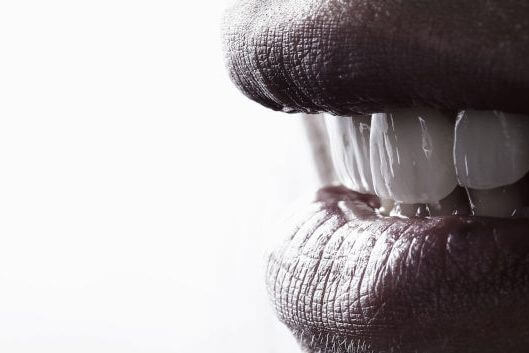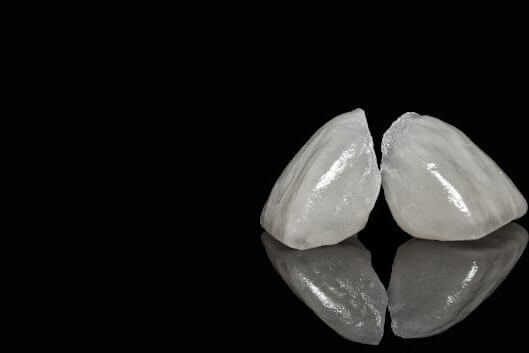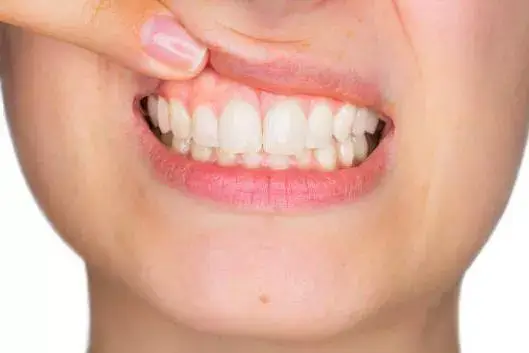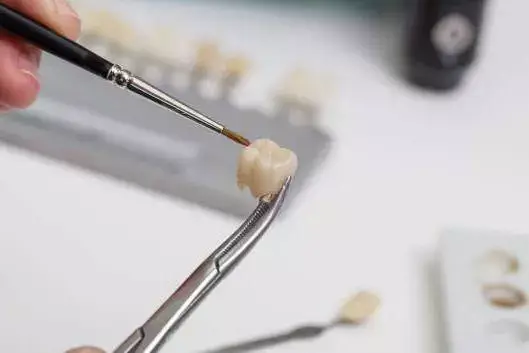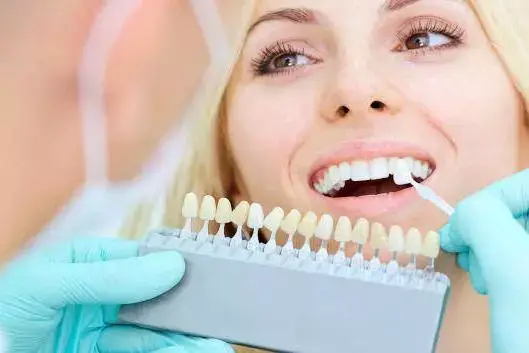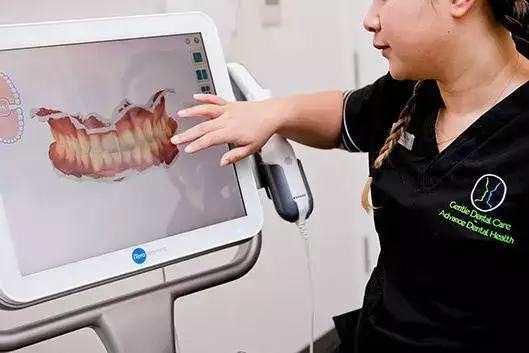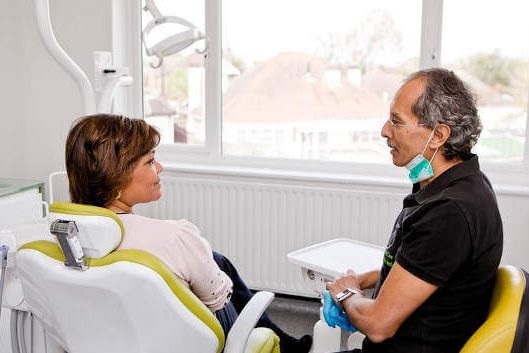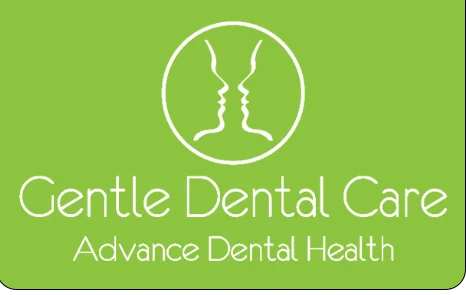What is gum disease and how do I get rid of it?
 If you’re reading this blog and trying to find solutions for curing gum disease, there’s a strong chance you already have it. You may be asking yourself some fundamental questions – why didn’t I know about gum disease earlier? Surely my gums would have hurt? This blog will tell you everything you need to know about gum disease and how to cure it for good.
If you’re reading this blog and trying to find solutions for curing gum disease, there’s a strong chance you already have it. You may be asking yourself some fundamental questions – why didn’t I know about gum disease earlier? Surely my gums would have hurt? This blog will tell you everything you need to know about gum disease and how to cure it for good.
What causes gum disease?
Gum disease is a silent disease. This is because it doesn’t typically cause pain, so you may never you know you have it.
Gum disease is caused by plaque, which is basically bacteria. This is how gum disease develops:
- When you don’t clean around your teeth optimally, bacteria and food debris start to accumulate.
- As times goes on, the bacteria build up further and mature into more complex organisms, forming more advanced structures.
- The body’s natural defence mechanism detects there is bacteria trying to invade the body. It kicks off the inflammation reaction to recruit molecules to fight off the bacteria.
- This results in the body rushing lots of blood to the gums to fight off the infection, causing gums to become puffy, red and swollen. In addition to this, the gum moves away from the tooth to try and get away from the bacteria and this results in a ‘pocket’. This pocket is dead space that allows bacteria to move underneath the gum and occupy the space there. As you can’t clean underneath the gum, the bacteria stay there, multiplying and causing issues.
- Imagine the body’s immune system fighting against the bacteria as a kind of war, with the warzone being around the gums. Well, on top of killing the bacteria and neutralising them, the fighting results in some ‘friendly fire’ and some of the gum tissue is destroyed. The fibres that help support the teeth, the gums, and the bone that holds the teeth, all slowly begin to get destroyed.
- The more bone that is lost, the looser the tooth becomes. You end up losing the tooth.
How common is gum disease?
Gum disease is very common. In fact, it’s one of the most common diseases to affect humans in the world. One recent, thorough study concluded that 47% of the USA’s population had some degree of gum disease. The study found that 30% had moderate gum disease and 8% had severe periodontal diseases.
Signs of gum disease
Here are some of the most common signs of gum disease. Do be aware that some of these signs may only become apparent towards the later stages:
- Bleeding gums – healthy gums are not supposed to bleed. When there is blood, it means there is inflammation going on which almost certainly means there is some sort of destruction of the gums. Generally, you will always have signs of bleeding if you have gum disease. However, it may not be as noticeable if you’re not brushing around the gums, as it might not happen. Try flossing as this will show you if they really do bleed. Also remember that smoking causes a reduction in blood supply to the gums so bleeding may not be as apparent if you smoke.
- Bad breath – gum disease is the number one cause of bad breath. There’ll be a large amount of nasty bacteria that sit on your teeth, which will cause volatile sulphur compounds to be excreted – this really is foul smelling.
- Loose teeth – this only happens in the late stages of gum disease and if you have noticed this, get to your dentist right away to stop your teeth getting any looser.
- Drifting of teeth – gum disease will break down the supporting structures of the teeth which then allows them to move freely. The teeth will generally want to flare out which causes gaps in your smile, along with teeth that stick out.
- Gum recession – the gums will shrink away, exposing the root surface of your teeth. This is unsightly and can lead to sensitive teeth that are more prone to decay and erosion.
- Gum abscesses – again, this only really happens if you have severe gum disease. Abscesses can cause pain and if they spread, they can cause widespread issues for not only your mouth, but the whole body.
Complications of gum disease
Most of the common complications are mentioned above, however the biggest issue is that gum disease will ultimately lead to tooth loss, which can then have profound implications for your quality of life. Once you lose teeth, you’ll realise how important they are for eating, speaking and cosmetics. Our specialist gum doctor, Mishal Sachdev, always says your mouth is the gateway to your body. What he means by this is that the bacteria in the mouth can infect your blood stream and cause big problems around your whole body. The presence of periodontal disease can be associated with strokes, heart attacks, premature births, kidney disease, diabetes and joint complications. There is recent evidence emerging that shows a link with Alzheimer’s as well. In fact, there is plenty of evidence to suggest that patients who maintain their gum health can improve their blood sugar levels, thereby helping to treat diabetic conditions.
Please note that gum disease is not contagious.
So how do I cure gum disease?
Gum disease can be cured. Essentially, it’s all about removing bacteria from your mouth and allowing the gums to heal back to a healthy state. If you want to get rid of gum disease, the first step is to get the right education so that you know how to clean your teeth effectively at home.
A homecare regime we normally recommend is:
- Brushing twice a day with an electric toothbrush. You must use the toothbrush in a specific way – it’s amazing how many people get this wrong. We always ask them to show us how they brush their teeth and invariably they have poor technique. People use the electric toothbrush just like their manual one and this simply doesn’t work. The other thing to remember is that you must change the head every three months. Anything longer than this, and it becomes less effective.
- Clean in between your teeth. This is an essential area that many people forget about. Aim to use interproximal brushes at least once daily and ensure you are using the correct size. It’s a common error to use brushes that are too small, which means you’re not cleaning effectively. Your dentist or hygienist will tell you which the correct size is to use. As a rule of thumb, choose the biggest one you can get between the gap without the middle metal part touching the teeth.
Please remember this is generic advice. It’s important to get specific advice for your mouth because everyone is different.
Homecare is probably the single most important thing you can do to help cure your gum disease. The hygienist/dentist can’t clean your teeth daily so it’s up to you to maintain good oral hygiene.
The second most important aspect is to get your teeth cleaned professionally. The gum disease must be diagnosed correctly, as there are many different types, and a plan of action must be created. As you can’t clean underneath the pockets (as explained above), you will need professionals to clean them for you.
For advanced gum disease, this is what we normally do:
- Record pocketing levels six points around each tooth.
- Record plaque levels and bleeding levels.
- Clean underneath the gums.
- Wait for a period of time to allow the gums to heal. In this period regular maintenance is needed, which involves lightly cleaning above the gum.
- We record points one and two again to see the difference.
- We clean underneath the gums once more at the sites that haven’t healed.
- Wait a few months to check healing.
Once the pocket depths have improved and you are able to maintain this at home, we would put you on a recall interval which will depend upon your risk factor.
High – three months
Medium – six months
Low – possibly yearly
How do I cure gum disease at home?
As mentioned above, homecare is essential. You will need to use small brushes (interproximal brushes) to clean in between your teeth daily, along with adopting good tooth brushing habits.
Unfortunately, once you have gum disease, it’s impossible to clean all the areas that are infected and you will need to go to a professional such as a hygienist or dentist.
Risk factors for Gum Disease
Smoking – this is such an important risk factor. If it applies to you, you must consider giving up altogether or at least cut down. The more you smoke, the worse it is for your gums and it will impact how successful the gum treatment will be.
Diabetes – your blood sugar levels need to be controlled well. If they are not, you will be at a higher risk of problems associated with your gums.
How to prevent gum disease
The trick is to maintain a good level of hygiene on a daily basis. Refrain from smoking and ensure you see a good hygienist on a regular basis (ideally at least every six months).
Who is the ideal person to treat gum disease?
Normally a team approach, led by a periodontist (specialist gum doctor) is the best. A periodontist has been specially trained to treat patients who suffer from gum disease. The treatment will be prescribed and dictated by the specialist and they should work closely with a team of hygienists. This is the best method. Our specialist is Dr Mishal Sachdev.
Want to talk to Dr Mish and the team about signs of gum disease? Call 020 3925 3846, email team@gentledentalcaregroup.co.uk or fill in our contact form.
Call 020 3925 3846 or fill in our form to enquire about your consultation.
